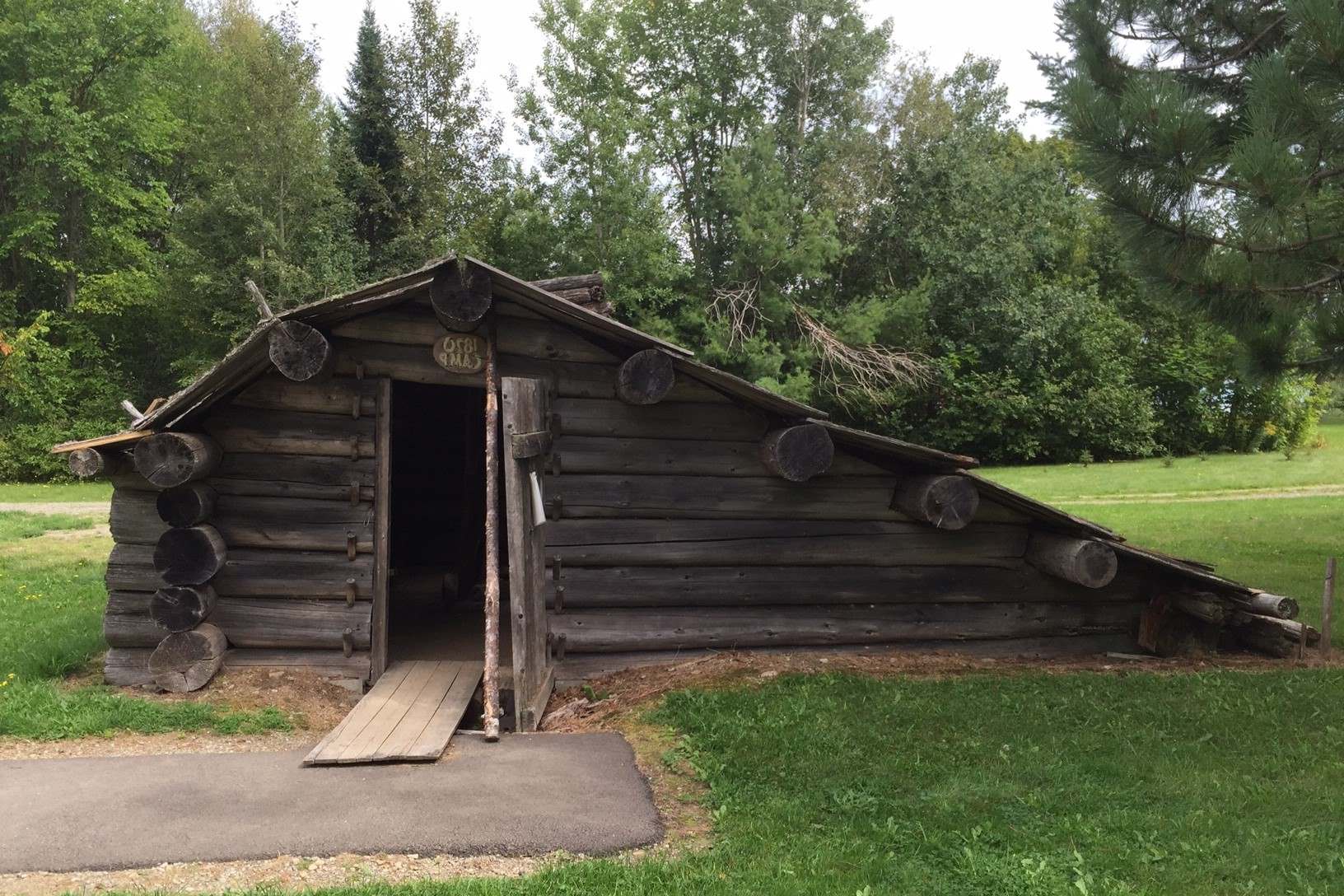Hidden Logging Camps Of Maine

Have you ever wondered what life was like in the hidden logging camps of Maine? These secluded spots, deep in the woods, hold stories of hard work, camaraderie, and survival. Imagine waking up to the sound of axes and saws, surrounded by towering trees and the scent of fresh pine. These camps were the backbone of Maine's timber industry, providing the raw materials that built cities and towns. Workers faced harsh conditions, yet they formed tight-knit communities, sharing meals, stories, and laughter around campfires. Join us as we uncover the secrets of these forgotten places and the people who called them home.
Hidden Logging Camps of Maine
Maine's dense forests and rugged terrain have long been home to hidden logging camps. These camps, often tucked away from the main roads, offer a glimpse into the state's rich history of timber harvesting. Let's explore some of these hidden gems.
1. Katahdin Iron Works
Located in the heart of the North Maine Woods, Katahdin Iron Works is a historic site that once buzzed with activity. The remnants of this logging camp tell stories of the iron industry and timber harvesting that shaped the region.
2. Chesuncook Village
Chesuncook Village, accessible only by boat or snowmobile, is a remote logging camp that has stood the test of time. This village offers a unique look at the life of loggers who braved the harsh conditions to harvest timber.
3. Telos Dam
Telos Dam, situated near the Allagash Wilderness Waterway, played a crucial role in the logging industry. The camp here was a hub for loggers who used the dam to control water levels and transport logs downstream.
4. Churchill Depot
Churchill Depot, nestled deep in the woods, served as a major logging camp in the early 20th century. The depot's strategic location made it a key point for loggers to gather and process timber before sending it to mills.
5. Eagle Lake Tramway
Eagle Lake Tramway, an engineering marvel of its time, connected two remote lakes to facilitate log transportation. The logging camp here was bustling with activity as loggers used the tramway to move timber efficiently.
6. Seboomook Lake
Seboomook Lake, surrounded by dense forests, was home to a thriving logging camp. The camp's location provided easy access to vast timber resources, making it a vital spot for loggers in the region.
7. Big Reed Forest Reserve
Big Reed Forest Reserve, a pristine area with limited access, hides remnants of old logging camps. The reserve's untouched beauty offers a stark contrast to the bustling activity that once took place in these camps.
8. Lobster Lake
Lobster Lake, a remote and serene location, was once a bustling logging camp. The camp's isolation made it a perfect spot for loggers to work undisturbed, surrounded by the natural beauty of Maine's wilderness.
9. Baker Lake
Baker Lake, located in the Allagash region, was a key site for logging operations. The camp here played a significant role in the transportation of logs via the Allagash River, making it an essential part of Maine's logging history.
10. Caucomgomoc Lake
Caucomgomoc Lake, with its crystal-clear waters and dense forests, was home to a hidden logging camp. The camp's strategic location allowed loggers to access vast timber resources while enjoying the tranquility of the lake.
Discovering Maine's Hidden Logging Camps
Exploring Maine's hidden logging camps offers a unique glimpse into the state's rich history. These camps, tucked away in the dense forests, tell stories of hard work and resilience. Visiting them, you can almost hear the echoes of loggers' axes and see the remnants of their daily lives.
The journey to these camps isn't just about history. It's also about experiencing Maine's natural beauty. The forests, rivers, and wildlife make the trip worthwhile. Whether you're a history buff or nature lover, these hidden gems have something for everyone.
So next time you're in Maine, take a detour from the usual tourist spots. Seek out these logging camps. You'll leave with a deeper appreciation for the state's past and its stunning landscapes. Happy exploring!

